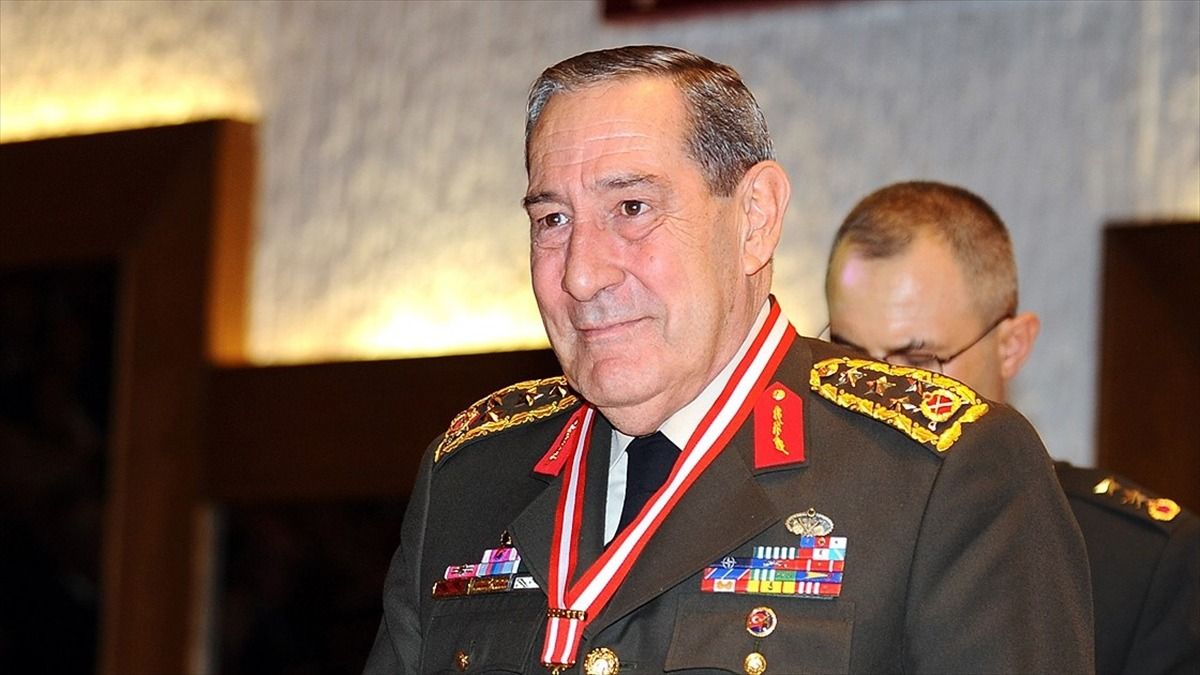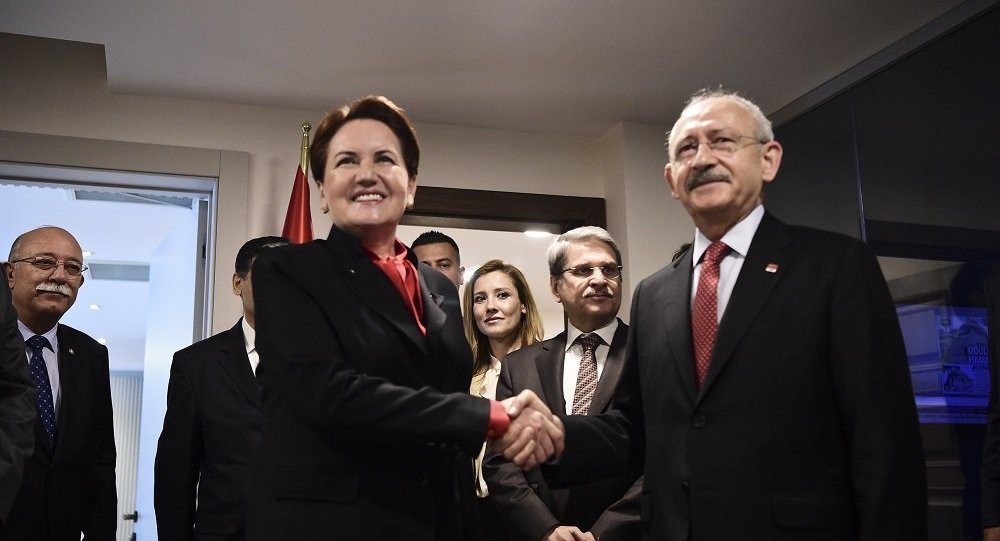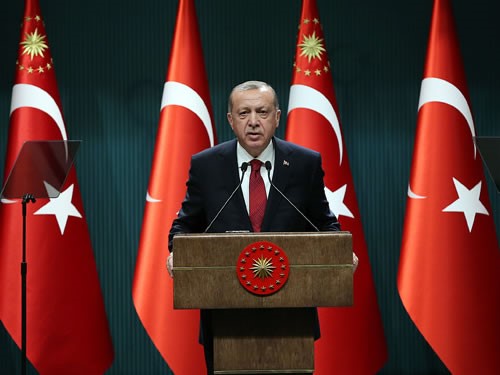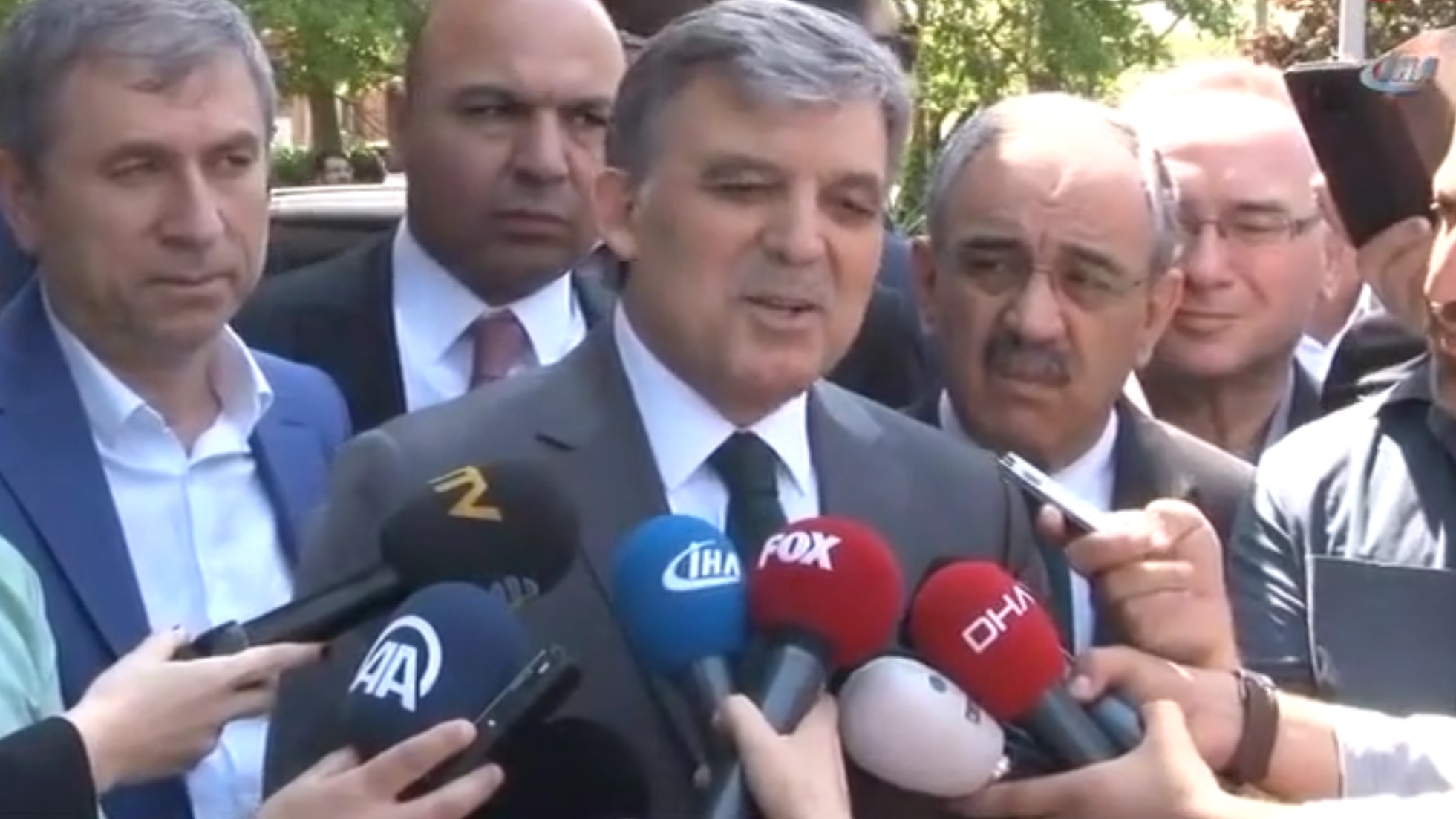It wasn’t always about Fetullah Gülen.
Years before the Pennsylvanian exile entered the national discourse as the man most widely associated with Turkish military interventions, there was another.
Yaşar Büyükanıt’s two years as Chief of the General Staff was marked by two broad themes. The first was Kuvvet 2014, a genuine but largely forgotten plan to reform Turkey’s army into a smaller, professionalised outfit.
The second was his frequent press statements and rambling televised briefings on matters that went far beyond his remit. These were the days when the Turkish military was essentially a political party in its own right, an organisation that had policies on everything from the headscarves worn by civil servants to the number of years children should spend in school.
But this was a political party with its own squad of heavies, the Turkish armed forces, and a long line of Turkish generals had shown they were not afraid to use them to get their way.
General Büyükanıt was no exception: he even developed a brand new kind of military intervention.
To the hard coup executed in 1980 by Kenan Evren and the “post-modern” coup — led by İsmail Hakkı Karadayı in 1997 — that toppled Necmettin Erbakan’s government, General Büyükanıt added a new iteration: the e-coup.

Shortly before midnight on Friday 27 April 2007, a 594-word statement appeared on the Chief of the General Staff’s website.
Earlier that same day, MPs had voted in parliament to try elect the country’s first pious president Abdullah Gül, a move that would make a First Lady out of his headscarf-wearing wife.
The opposition CHP was already making life difficult for Mr Gül’s AK Party by boycotting the election in parliament and challenging it in court, but the military’s intervention was of a different magnitude.
This was a warning against the dangers of mixing politics with religion.
Widely believed to have been written by the general himself, the statement began with a list of “reactionary” incidents across the country — among them, a choir of young girls made to recite prayers well after their bedtimes, school classrooms being used by adults for Islamic-themed debates, the recent horrific murder of three Christian bookshop owners in Malatya.
The Turkish Armed Forces were watching “with concern”, it said, the discussions over Turkey’s secular system that had ignited during the presidential election.
Then came a devastating conclusion: “It should not be forgotten that the Turkish Armed Forces are a party to those discussions and is a definitive defender of secularism … where necessary, it will clearly and openly demonstrate an attitude and behaviour.
“No one should have any doubts of this.”
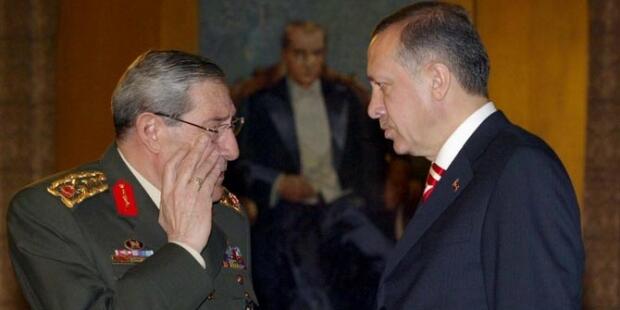
The language was a little obscure but the threat of military intervention was clear. This was the “electronic coup” of 2007.
That night, the lights in Prime Minister Recep Tayyip Erdoğan’s Çankaya offices were never switched off as ministers debated how to respond. After the courts ruled against them, Mr Erdoğan called a snap election and was rewarded handsomely: AK vastly increased its share of the vote, and Mr Gül became president.
We will never know for sure if Yaşar Büyükanıt, who retired in 2008 and died this week, would have actually attempted a military takeover, or at least more explicitly threatened one as his predecessor did in 1997.
Another thing we may never know is what precisely the general discussed with the prime minister at two-and-a-half hour head-to-head meeting in Istanbul on 4 May 2007, a full week after the e-coup. Mr Erdoğan has vowed to take the contents of that meeting to the grave.
In the years that followed, multiple senior officers were accused of treason. General Büyükanıt’s successor İlker Başbuğ was even imprisoned — wrongly, a court later ruled — on charges of attempting to overthrow the government. The Turkish Armed Forces lost its status as the public’s most trusted institution and its influence over society declined.
July 2016 showed Turkey is still a country where the military can exert its destructive influence in politics, but secularism is not a point of contention. What is certain, with hindsight, is that General Büyükanıt’s statement was a colossal misjudgement.
Yaşar Büyükanıt, 1 September 1940 – 21 November 2019





